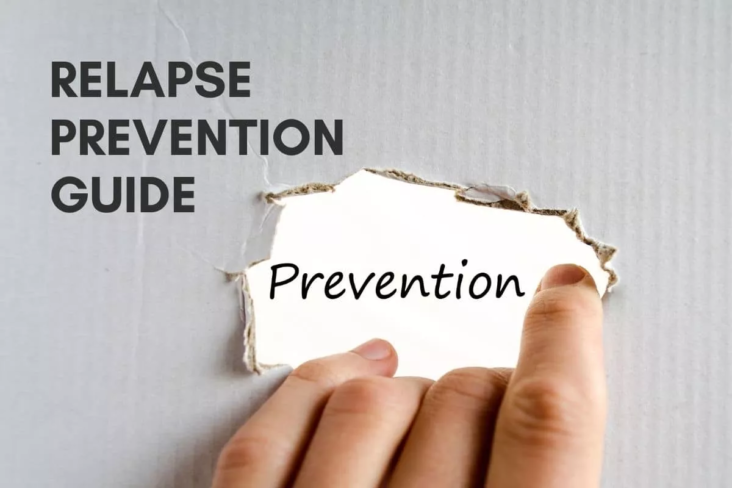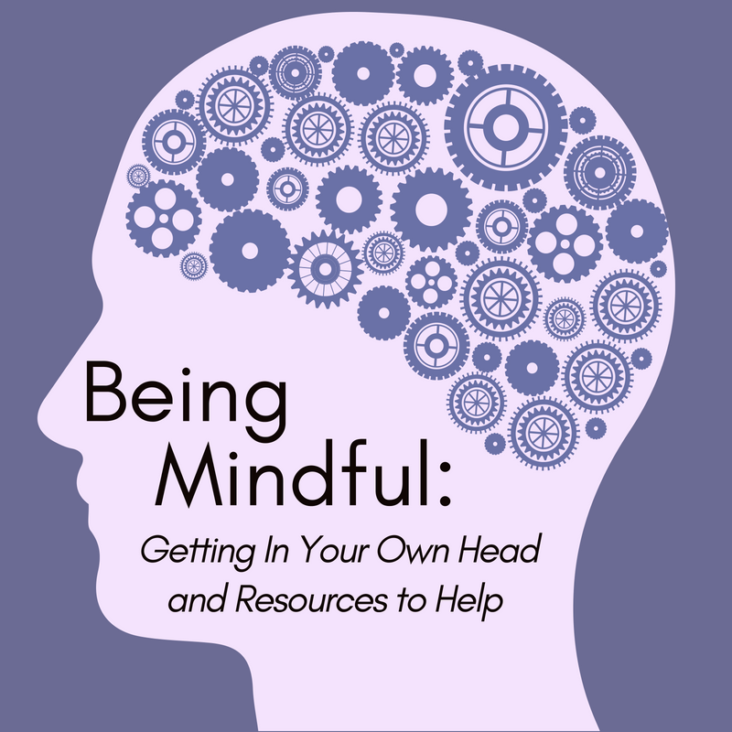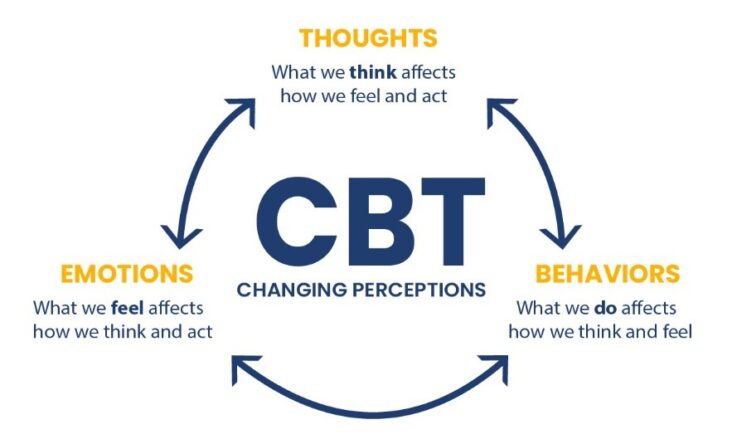Myth: Relapse just happens out of the blue.
Fact: The onset of relapse starts well before an individual indulges in drinking or consuming drugs.
Relapse Prevention is a very delicate topic to talk about. It is an unfortunate reality that in addiction recovery, relapse can occur multiple times and can be devastating. Individuals face challenges in maintaining sobriety and dealing with the withdrawal symptoms. The write-up will cover the proven techniques for keeping yourself or your loved ones on track. By the end of this article, we promise you will gain a better understanding of how to prevent relapse. Let’s get started!
Relapse prevention requires comprehensive techniques that can significantly reduce the risk of experiencing a setback.
- Identify the stages: To prevent relapse one must recognize the three stages of it – emotional, mental, and physical. All three phases pose a potential risk of relapse. During the Emotional Relapse Phase, the individual may not be contemplating using, but their thoughts and actions may provoke a relapse. They feel emotionally detached and keep their feelings to themselves while feeling anxious and irritable. In the Mental Relapse Phase, they start to battle with their inner selves as they are torn between wanting to use and not wanting to. During this phase, they may start bargaining with themselves and plan to use it again. Physical Relapse is the third and final stage, and this is where alarm bells should sound. If the individual proceeds with using the substance, they will have relapsed. It all begins with one lapse, one drink, or one pill, and before they realize it, they are back to their old ways.
- Be mindful of your triggers: When you’re in recovery, it’s crucial to be mindful of your triggers. For some people, certain places or situations can drive them back into drinking or using drugs again. These triggers may be different for everyone, so it’s essential to be aware of your triggers. If you’re not sure what your triggers are, take some time to reflect on your past experiences with addiction.
- Recall the reasons for your walkout: It can be challenging to resist the urge to use when recovering from addiction. That’s why it’s important to remind yourself why you chose to walk down the path to recovery in the first place. Recall the feelings of being out of control or sick when using and the embarrassing things you may have done or people you may have hurt. By doing so, you can find the motivation to stay strong and resist temptations.
- Get in touch for help: If you’re struggling with addiction, trying to recover on your own can feel like an impossible task. That’s why it’s crucial to seek support from professionals who have experience and knowledge in treating addiction. Whether it’s a doctor, addiction treatment centre, therapist, or counselor, getting support can make the process of recovery much easier.
- Engaging in aftercare programs: Engaging in aftercare programs for addiction recovery is a crucial step toward long-term sobriety. Addiction is a chronic disease that requires consistent maintenance, and aftercare programs provide a structured environment for individuals to continue their recovery journey. These programs may include group therapy, individual counseling, educational workshops, and support groups. Aftercare programs also offer a sense of community and connection, which is essential for individuals who may have lost relationships due to addiction.
- Manage withdrawal symptoms: Withdrawal symptoms can be one of the greatest challenges of recovery from addiction. They can range from mild discomfort to life-threatening complications and can include nausea, vomiting, anxiety, and seizures. Proper management of withdrawal symptoms is crucial for success in recovery. The first step in managing withdrawal symptoms is to undergo a thorough medical evaluation. A professional healthcare provider can determine the severity of the symptoms and prescribe appropriate medications to help alleviate them. It is important to follow the healthcare provider’s instructions closely and not to attempt to self-medicate, as this can be dangerous.
- Handling setbacks: In recovery, setbacks are inevitable. While they can be discouraging, it is important to approach them with resilience and a willingness to learn. Instead of beating yourself up over a slip-up or relapse, view it as an opportunity to gain insight into what triggered the slip-up or what may need to be addressed in your recovery plan. One effective strategy for handling setbacks is to practice self-compassion. Rather than engaging in negative self-talk or shame, treat yourself with kindness and understanding.
Relapse prevention is not a one-time event, it is an ongoing process of self-awareness and personal growth. By implementing the techniques outlined in this comprehensive guide, individuals in recovery can increase their chances of maintaining sobriety and living fulfilling lives.
For further in-depth insights on relapse and related information, go through the link.










